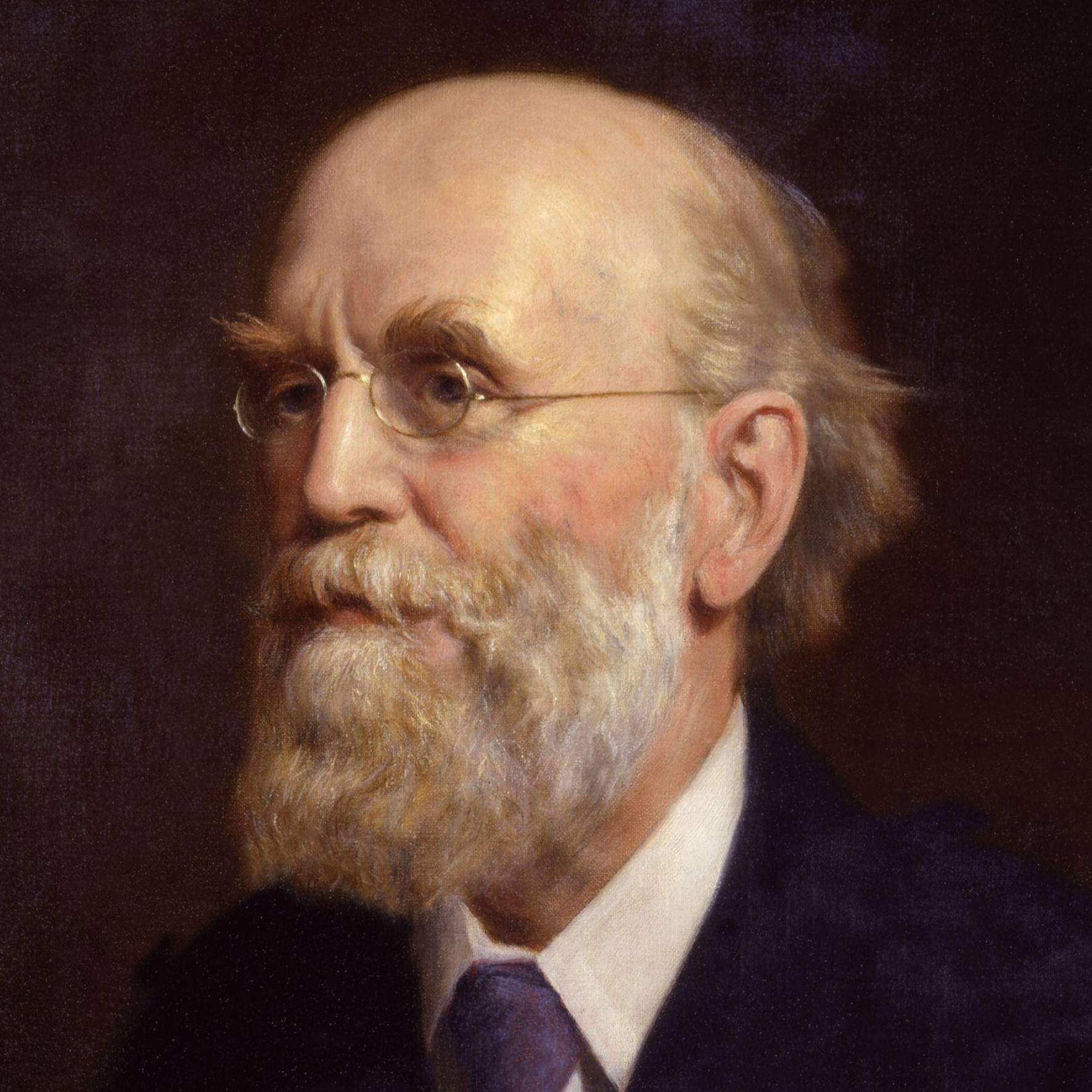We’ve rolled over into in our survey of the newspaper coverage of the tax resistance campaign against aspects of the Education Act of . Thousands of resisters have refused to pay, been summonsed by the authorities, and have had distraint orders made out against them. Many property seizures and auctions have taken place, with accompanying protest rallies.
The following article seems to suggest that there was some foot-dragging by the authorities in some cases, to the benefit of the passive resisters. From the Kent & Sussex Courier of :
It was on that three Tonbridge ratepayers refused to pay that part of the Poor Rate devoted to educational matters, their refusal being the outcome of their objection to the new Education Act.
The three gentlemen against whom distress warrants were promptly issued were Mr G.E. Lawson, upholsterer, of 165, High-street; Mr P. Lawson, his son; and Mr F.P. Verney, of Vale House, all prominent Nonconformists.
The issuing of the distress warrants raised the unique question between the police and the overseers as to who could carry out the order of magistrates.
Supt. Styles claimed that it was the duty of the overseers, and the latter claimed that they were not the proper persons.
The result was a deadlock.
Supt. Styles communicated with the Chief Constable (Col H.J.A. Warde), and on Mr H. Laurence appeared before the magistrates, but no further steps were taken as no reply had been received from the Chief Constable.
This arrived, however, by , when the action taken by Supt. Styles was upheld.
The magistrates, however, expressed their regret, through the Chairman (the Hon. J.G. Talbot, M.P.), that the warrants, which were addressed to the police and overseers jointly, had not been carried out.
They hoped that no further delay would take place.
On the matter again came before the magistrates, but it was not dealt with until , when the Hon. J.G. Talbot again voiced the regret of the Bench that nothing had been done, and expressed the hope that the warrants would be dealt with in the usual way.
Still, nothing was done until , when bills were issued by Supt. Styles as under:…
E.R.
Kent County Constabulary.
Notice.
Sale of Goods
seized under distress warrants issued for the non-payment of the Poor Rates will take place by Tender, at the
Police Station Yard, Tonbridge.
on
The goods can be seen on application to the undermentioned.
Tenders for the same will be accepted up to the time of sale.
Robert Styles,
Superintendent of Police,
Tonbridge.
On , therefore, there was a considerable crowd assembled in the Station yard, when Supt. Styles made the announcement that he had received instructions to carry out the distraint warrants for non-payment of the Poor Rate, and for which a sale had taken place as advertised.…
At the conclusion of the sale, Mr Percy Lawson proposed a vote of thanks to Supt. Styles and the police officers generally in Tonbridge for the kindly-spirited way in which they had levied the distress.
He thought they appreciated their kindness more on account of the very small animus.
They also appreciated the kindness received from the magistrates and overseers.
The magistrates had treated them to a sort of moral address on the duties of Christians.
He thought it had been rumoured in high quarters that the best method of dealing with Passive Resisters was to put the bailiffs in the house, but they were much indebted that the Superintendent did not think it necessary to take such steps.
He believed this was only the beginning of the Passive Resisters’ fight (applause).

